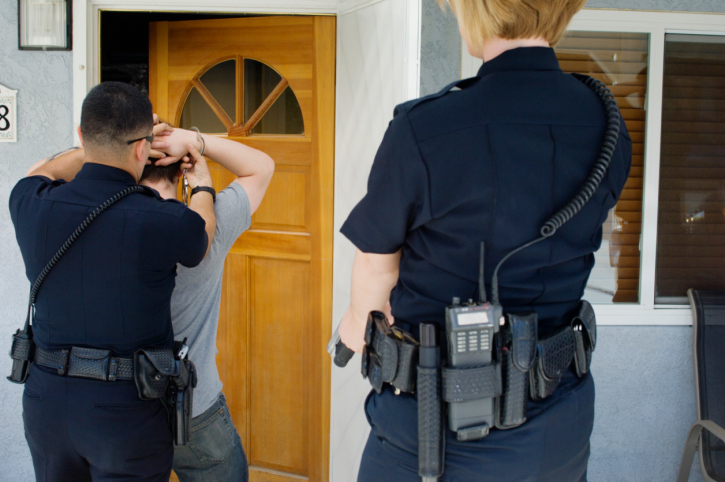August 28, 2014
As Police Brutality Cases Come to the Fore, New Yorkers Ask How to Protect Their Civil Rights
By Jonathan Damashek
Posted in
Go to the main Civil Rights pageAsk any New Yorker what the duty of the police ought to be, and most will respond with those two words, “Protect and serve.” Yet, as many recent police brutality cases here and in other cities have reminded us, the police can fall short of these duties —and the consequences can be severe.
While most police officers try to do their best to serve the community, when an officer fails to do so, the help of an experienced New York civil rights litigation attorney may be invaluable.
Recent cases of alleged police brutality in New York City include the July 17 death of Eric Garner, who died when after a NYPD officer put him in what appeared to be a chokehold during an arrest, according to an article in The New York Times. The chokehold used had been banned by police department policy for more than 20 years, and the medical examiner’s office ruled that the death was a homicide. Police had stopped Garner on suspicion of illegally selling cigarettes.
New York police use excessive force far too often. The New York City Civilian Complaint Review Board, a city agency that examines allegations of police abuse, listed 233 allegations involving chokeholds in 2013. Overall, the review board received 3,695 complaints of misuse of force. From 2009 to 2013, the review board has substantiated 1,106 complaints against 1,571 officers.
At a recent rally protesting the circumstances of Garner’s death, voices called for the federal government to take over the investigation into the involvement of the police officer. The rally drew over 2,500 people to the streets of Staten Island. The Rev. Al Sharpton, who spoke at the rally, called Garner’s death and the recent death of Michael Brown in Ferguson, Missouri “defining moments” for police nationwide.
In Ferguson, Michael Brown was shot to death by a police officer, sparking riots that have attracted national attention. In New York, the responses to the death of Eric Garner have been largely peaceful. One Associated Press article describes the difference in reaction to the responses taken by the respective cities to these highly publicized incidents of alleged police brutality. An extra grand jury will hear evidence next month about the circumstances surrounding Garner’s death, according to the Staten Island district attorney.
How Can Victims of Police Brutality Respond?
The police can wield significant powers in the pursuit of maintaining order. But these powers are guided by strict rules of law that police must follow to ensure the civil rights of citizens are respected throughout the process. When police violate these rules, they violate a citizen’s civil rights.
Civil rights violations include false arrest or imprisonment, malicious prosecution, racial profiling, illegal discrimination, sexual harassment or being singled out for excessive punishment or ridicule while in police custody. Your civil rights may have been violated by an employer, a government agency or an agent of the government, such as a police office. When a police officer or an employer abuses their authority and violates your civil rights, they need to be held to account.
In the criminal justice system, events happen very quickly and police must make quick decisions when responding to an incident. In the heat of the moment, police may use excessive or unreasonable force in making a traffic stop or an arrest and violate a person’s civil rights. That’s why it’s important to act quickly to protect your rights by speaking to a New York civil rights attorney as soon as you believe your civil rights are being violated. Attorneys who focus on civil rights violations like police brutality can give you the guidance and information you need.
